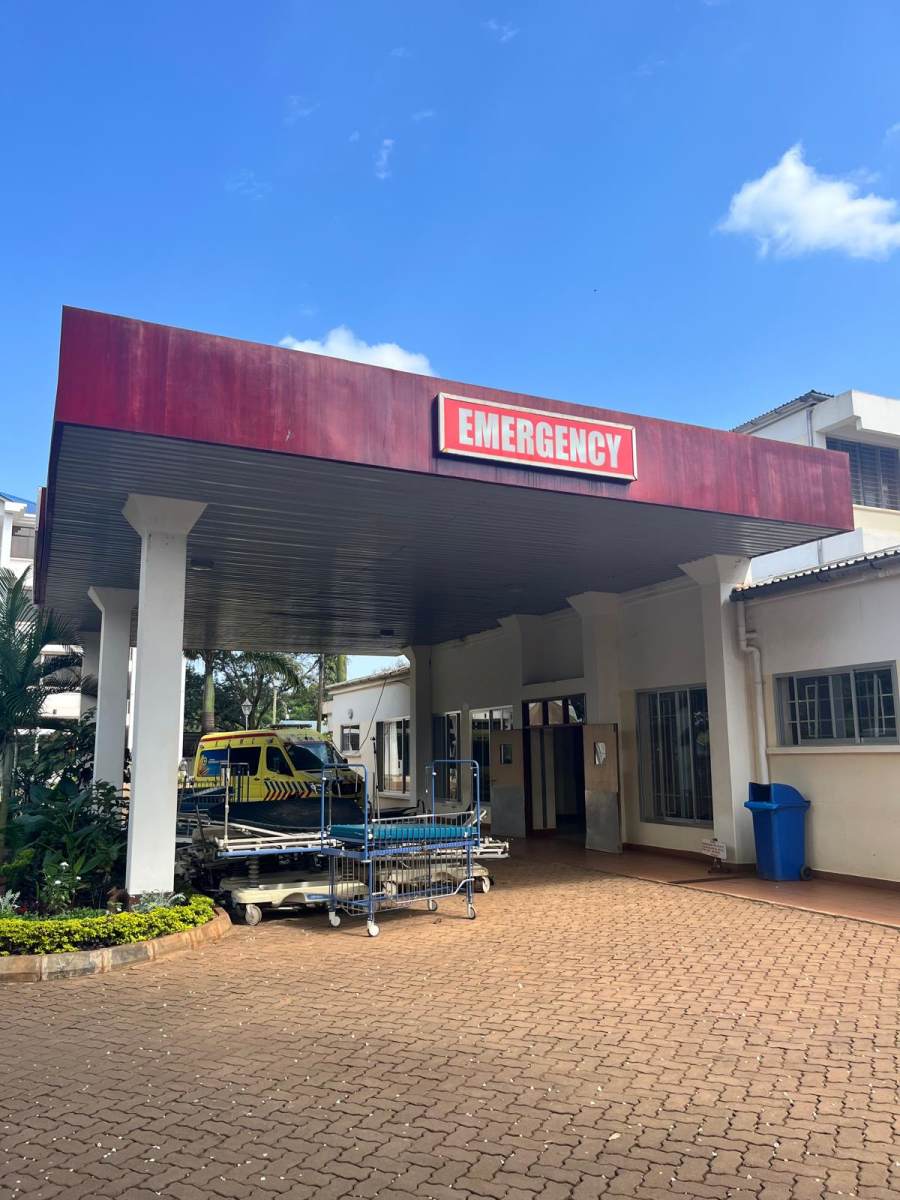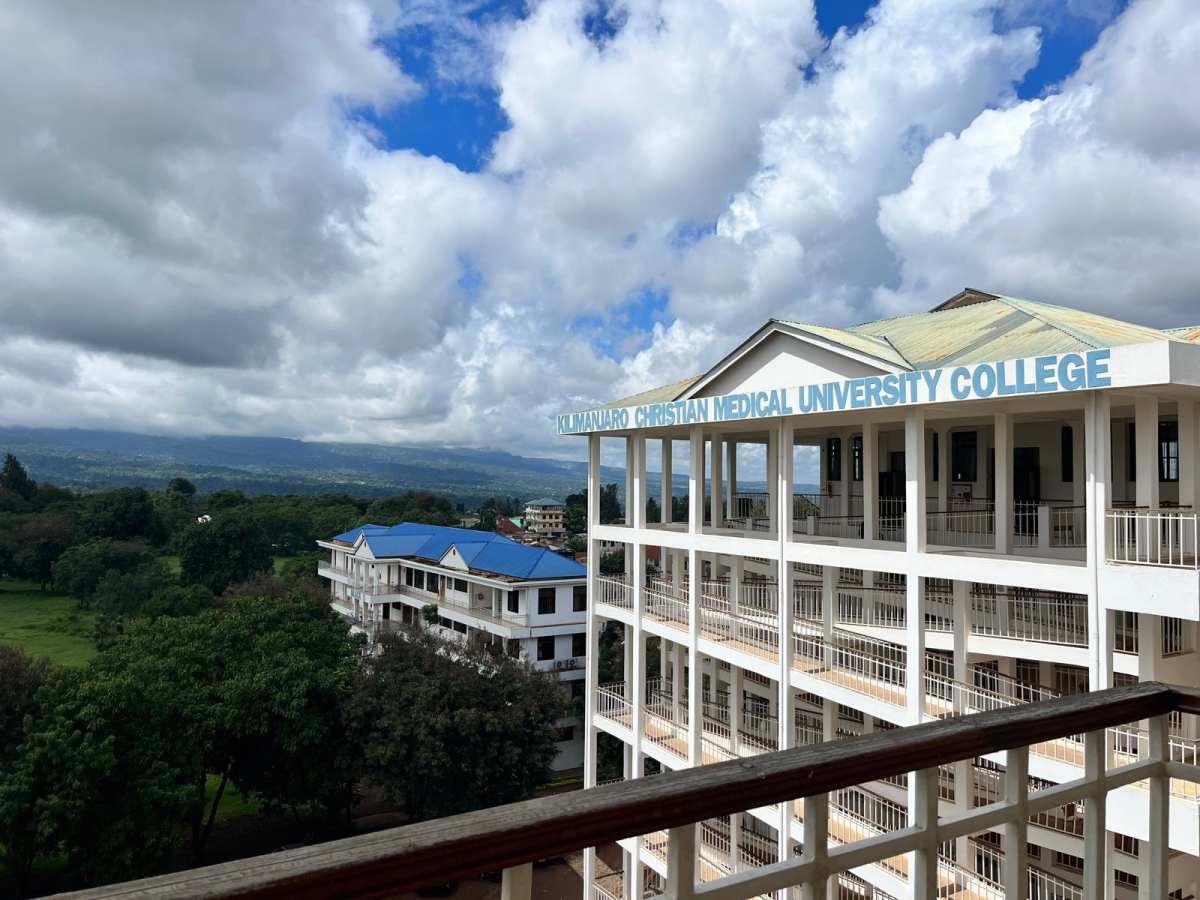I am a current Pediatric Resident planning to go into Pediatric Critical Care and Palliative Care and I have an MPH with interests in improving palliative care for children in low resource settings. My mentor who I would be working with while in Tanzania as well as in the US established a hospital-based injury registry in Tanzania and is now using this registry to evaluate and address barriers to accessing care for injured children, including using predictive models to improve clinical outcomes for injured children. I was invited to join her team due to my public health expertise combined with my understanding of clinical pediatric injury care, with the aim of using this registry data to develop and implement quality improvement measures which will improve pediatric injury outcomes.
Additionally, my mentor and the rest of the team feel that the medical community in Northern Tanzania would be greatly benefitted by having an improved understanding of the needs of family or other caregivers who are taking care of children with serious injuries alongside the medical staff. Due to this need, while there, I will also be conducting a needs assessment in order to develop a project aimed at improving palliative care discussions with families of pediatric trauma victims, including addressing goals of care, discussing quality of life, and improving comfort care at the end of life.
The project will be completed alongside local clinicians and researchers at Kilimanjaro Christian Medical Centre (KCMC) in Moshi, Tanzania. This is a large referral hospital serving approximately eleven million people in Northern Tanzania. Sub-Saharan Africa, including Tanzania, has the highest rate of unintentional pediatric injury deaths of any region in the world. Outcomes for injured children at KCMC are often poor, so improving care for injured children has been identified by the hospital as a need which has the potential to have a significant impact. Additionally, many children who are injured in Tanzania have severe, life-limiting or life-ending injuries which require their families or caregivers to make challenging decisions about how to provide the most loving care in a resource limited setting. However, there is very little understood about how to assist families as they make these challenging decisions.
I am working with an attending physician mentor who has a long-term clinical and research partnership with KCMC in Tanzania. I had the opportunity to accompany my mentor to Moshi, Tanzania to spend clinical time in the PICU. However, I believe that I can have a greater impact on child health in Northern Tanzania by focusing on children of the community as a whole with the aim of improving administration of clinical care and improving clinical outcomes for seriously injured children.
My hope is that this trip will grant me the opportunity to form a long-term partnership to help improve clinical care for children in Northern Tanzania, and I already have established times in the rest of my training that I will be able to continue to pursue this aim. This trip will allow me to develop the understanding of the local health system, resources available for children with serious illness, and cultural understanding to develop a culturally relevant program through the needs assessment I will conduct to improve pediatric palliative care in northern Tanzania, as well as support the current programs that exist at KCMC to improve outcomes for pediatric injury patients.






Through this trip I was able to contribute to research to improve outcomes for Pediatric trauma victims in Northern Tanzania. This project includes collecting information on Pediatric trauma patients, as well as providers taking care of them, to better understand their barriers to reaching appropriate care. This information will be able to be used to develop and intervention to help patients reach the care that they need more quickly. I was also able to collect information on the clinical care received by acutely ill children, the health systems barriers to delivering this care, and the current palliative care resources and knowledge used in the care of critically ill children. This knowledge is invaluable to me as I work to develop a study further investigating Pediatric Palliative care in the region in order to improve the field.